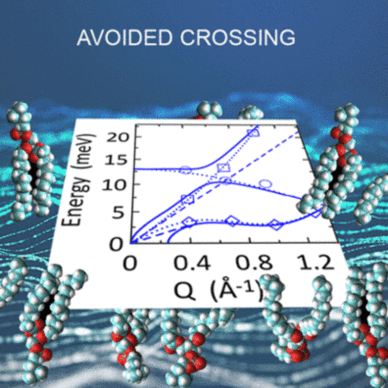
Giovanna D’Angelo
University of Messina, Italy
Title: Multiple interacting collective modes and phonon gap in phospholipid membranes
Biography
Biography: Giovanna D’Angelo
Abstract
Statement of the Problem: It has been widely accepted that fast sub-picosecond timescale coherent fluctuations in phospholipid membranes play a crucial role in passive transport of small molecules, a process that is fundamental for cellular metabolism. Despite this fast collective dynamics has been studied for more than a decade, the picture of these vibrational motions, involving nanometer-sized regions of the lipid membrane, is still fragmentary.
Methodology & Theoretical Orientation: In this work we show the results of an experimental investigation performed by advanced Brillouin neutron scattering, the data of which have been combined with recent inelastic X-ray scattering by Zhernenkov et al.
Findings: With our analysis we overcome the restrictions linked to the accessible dynamic range and the shape of the energy resolution of both the techniques. Most importantly, by interpreting the spectra with an extension of an interacting modes model, previously proposed by some of the present authors, we provide evidence for a complex scenario for the low energy collective vibrations in phospholipid bilayers, where multiple low energy optical modes exist, that play a crucial role in avoided crossing of the dispersion relations of phospholipids, as previously predicted by our MD simulation.
Conclusion & Significance: This approach allows for a comprehensive and unprecedented picture of the vibrational collective features of phospholipids. At low wavevectors Q, the dispersion relations can be interpreted in terms of two acoustic-like modes, one longitudinal and one transverse, plus a dispersion less optic-like mode. The transverse mode of the liquid phase shows a phonon gap that can be linked to a passive transport mechanism through membranes.

